Lázaro is waiting for me with open arms and the latest gossip on the tip of his mouth.
The year 2023 has just begun and, says my friend, today in the streets of Cuba the national obsession is only one: finding a sponsor in the United States to leave the country after the Biden Administration drastically changed the immigration rules of the game.
"The way to cross borders has been closed, now all that remains is to find a sponsor in North American territory to protect the candidate for emigrant," explains Lázaro, who brings the news of a page that has just been opened on Facebook (baptized "US Sponsors") in which can read messages like the following: “Hello, I am looking for a sponsor for two adults, both professionals, and a 5-year-old child.
I don't have money but I could pay monthly installments for the duration of the sponsorship... We are responsible people who seek help from someone who allows us to change our lives.
I hope this publication touches the heart of someone kind,” writes a Cuban named Marlén Rodríguez.
Another person offers a house and car in Havana in exchange for sponsorship, and a third is willing to put $10,000 on the table for the kind soul who supports him in the United States.
"This is how things are," says Lázaro.
000 dollars on the table to the charitable soul who supports him in the United States.
"This is how things are," says Lázaro.
000 dollars on the table to the charitable soul who supports him in the United States.
"This is how things are," says Lázaro.
On January 5, the US president surprisingly announced a radical change in immigration policy in order to stop the massive entry of illegal immigrants across the Mexican border.
On the one hand, he established an offer of legal admission quotas for up to 30,000 emigrants per month from Cuba, Venezuela, Nicaragua and Haiti, which as a
sine qua non condition
they must have a sponsor in the US who will take care of their maintenance.
On the other, he announced that those who from then on tried to enter illegally across the border would be immediately deported to Mexico -with whom Washington has just closed an agreement that establishes that that country will accept 30,000 deportees a month-, clarifying that returnees will not be able to reapply to enter the US legally within five years.
Lázaro is of the opinion that, although at first it seems generous, the change in North American policy actually closes the doors to the growing desire to emigrate of his compatriots, suffocated by the desperate economic situation that the country is experiencing and the lack of hope.
“Since Nicaragua eliminated the visa for Cuban citizens in November 2021, more than 270,000 left and entered the US through Mexico after crossing various Central American borders, on the so-called 'route of the volcanoes.'
He points out that this is an unprecedented exodus, and notes that although this journey was very risky and could cost between $8,000 and $10,000 per person (between plane tickets, transportation, payment to coyotes and bribes), it was an "expedited route" to get away,
because upon arriving in the US in a few days they were released by the immigration authorities and the process to regularize their situation began, benefiting from the laws that privilege Cubans.
"Not now, now the Cubans have to go through the hoop and find a sponsor, something that is not so simple."
When announcing his new policy, which has been criticized by associations defending the rights of immigrants and the UN High Commissioner for Refugees, Joe Biden was emphatic: “My message is this: if you are trying to leave Cuba, Nicaragua or Haiti, do not show up at the border.
Stay where you are and apply legally.”
The new procedure establishes that, compulsorily, the procedures must be initiated by a US resident -who does not have to be a relative of the interested party-, who will have to present economic guarantees, be audited and meet a series of requirements, and likewise the beneficiary You will have to undergo various checks to be “eligible”.
If approved, the lucky one will have the right to settle in the US for a period of two years and obtain a work permit.
“The route of the volcanoes is closed, now the fight to get a sponsor begins, and to see who gives more”, jokes Lázaro, who goes back to the Facebook page of yore.
“Look at this,” he says.
A certain Jean Manuel Mejias writes: "I give a good house with everything inside, two rooms per sponsor for two people, I have family there that takes responsibility for us."
"I'll give $15,000 to the one who sponsors me working there," proposes another person, and a third puts up a photo of his old 1947 Plymouth, which he offers once the procedures are completed.
Meanwhile, Mary Laura Pérez, pleads: “I am also looking for a sponsor.
Please if you can help me….".
The wave of memes has not been long in coming: “I am looking for a sponsor;
I wash, iron, cook, scrub, take the dogs for a walk, contact the private party,” says one.
In another you can see the map of Cuba, and above, as a title, "Sponsored Republic of the Caribbean."
“Child, what do you want me to give you for your birthday? A mother asks her son.
And he answers: "A sponsorrrrr."
My friend says that in overwhelming situations like the current one, a sense of humor is therapeutic, but he doesn't think it's funny at all.
“What is happening in Cuba is a real drama.
People can't take it anymore, they have no hope, they don't see a future here and most want to get out as soon as possible.
It is very sad, ”he says.
As always, Lázaro provides data: in fiscal year 2021, 39,303 Cubans entered the United States through the Mexican border, while in 2022 224,607 did, six times more.
“Assuming that this trend continues, and that of the 30,000 monthly visas for Cubans, Nicaraguans, Haitians and Venezuelans, Cuba will receive a proportional part (7,500, that is, 90,000 a year), it is clear that the offer is much lower. to the demand and that people are going to continue looking for alternative ways to get out”.
Among these, he assures him,
Lázaro calls via Zulueta -name of the street in Havana where the General Consulate of Spain is located- to become a Spanish citizen under the new Law of Democratic Memory, approved last October and known in Cuba as the "law of grandchildren ”.
Thanks to the previous Law of Historical Memory, 120,000 Cubans obtained Spanish nationality.
Now, with the new regulations, much more permissive and that make it possible to obtain citizenship for "children or grandchildren born outside of Spain to a Spanish father, mother, or grandfather/grandmother who were exiled and left Spain for political, ideological or belief or sexual orientation”, it is estimated that more than 300,000 Cubans could present nationalization files.
If this prediction comes true,
Lázaro calls Zulueta street “the factory of Spaniards”, and to demonstrate the desire that there is to leave the island at any cost, he recounts what has just happened with the stamps in the post offices.
"It turns out that people have rushed to buy these stamps, which are essential to carry out these and many other official procedures, and the country has run out of stock, semi-paralyzing the efforts to legalize documents and process passports."
Directors of Correos de Cuba have even had to come to the fore to give explanations, he comments.
“The market studies for the production in Cuba of the ISD stamps (taxes on documents), including the reserve that is always foreseen, was exceeded several times by the demand based on the new international and national regulations put into force that are not foresaw, such as the so-called "Grandchildren's Law" in Spain and others approved in the country, which generated a much higher demand for this type of stamp than what was conceived and, consequently, created the crisis", acknowledged this week the director of Postal communication, José Manuel Valido.
Highlighting the general chaos that has gripped the island due to the crisis, the official added:
“To this we must add that last year the country could not have the necessary foreign currency to acquire abroad all the paper money that was required to produce in Cuba the supply of demanded ISD stamps;
This generated the deficit and, consequently, the same thing happened that happens in Cuba with all deficit products (illegalities, corruption, etc)”.
So, clear, clear.
While we drink and talk about the divine and the human in a coquettish –but empty- palate in Old Havana, we see two news items that have recently appeared on the internet.
One is a statement from the US embassy in Havana (issued yesterday) in which the diplomatic legation reports that the first legal permits have already been granted to Cubans with a sponsor.
In the second, a young man who presented his papers at the Spanish embassy weeks ago reports very happy that he has just been notified that he is now a Spanish citizen and that he can present the documents to request a passport.
"Now the problem is going to be to get the stamped paper," Lázaro's animal releases, and concludes: "not even Tato will be left here."
Follow all the international information on
and
, or in
our weekly newsletter
.

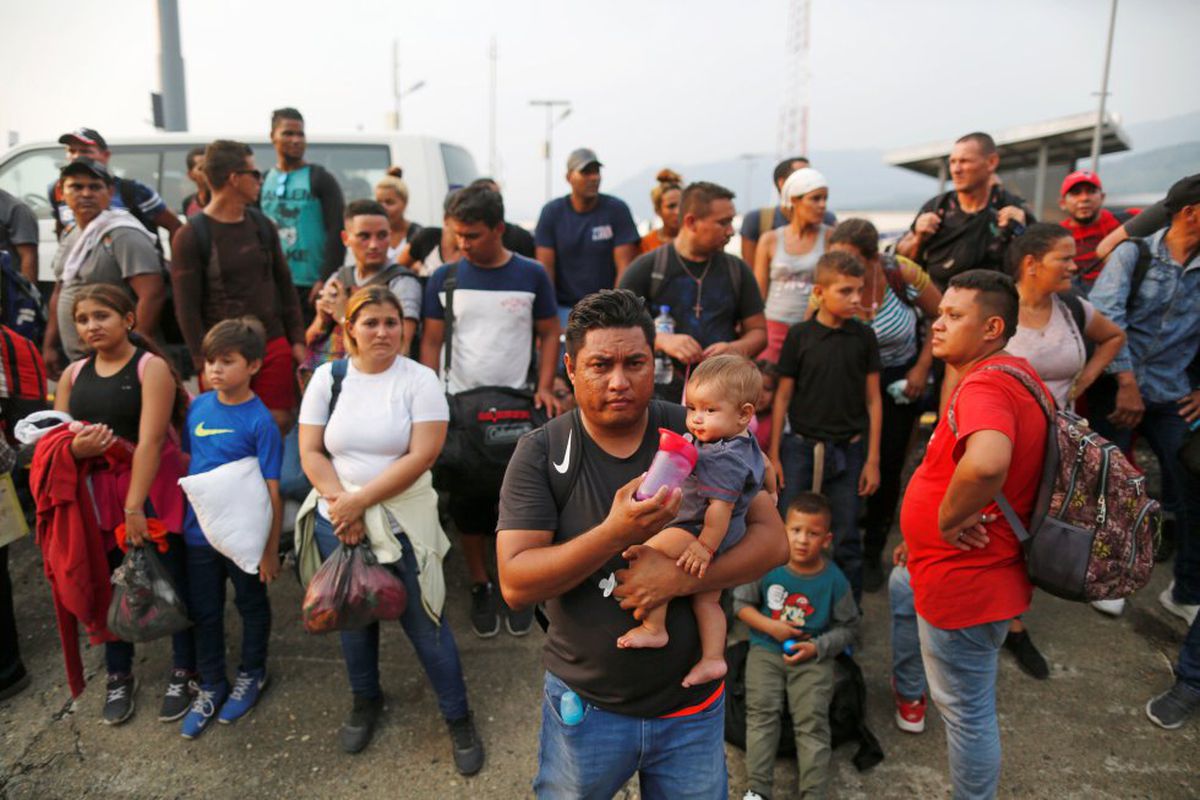
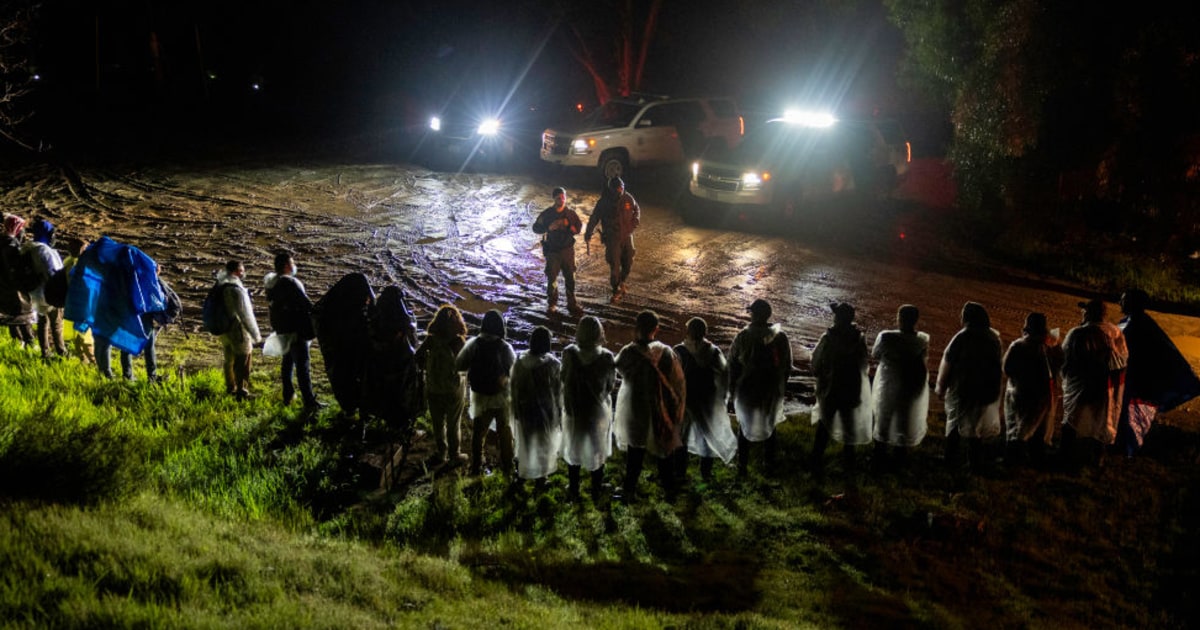

/cloudfront-eu-central-1.images.arcpublishing.com/prisa/GZBJJXO3EZE2HLSP5ZRRKYYYOY.JPG)
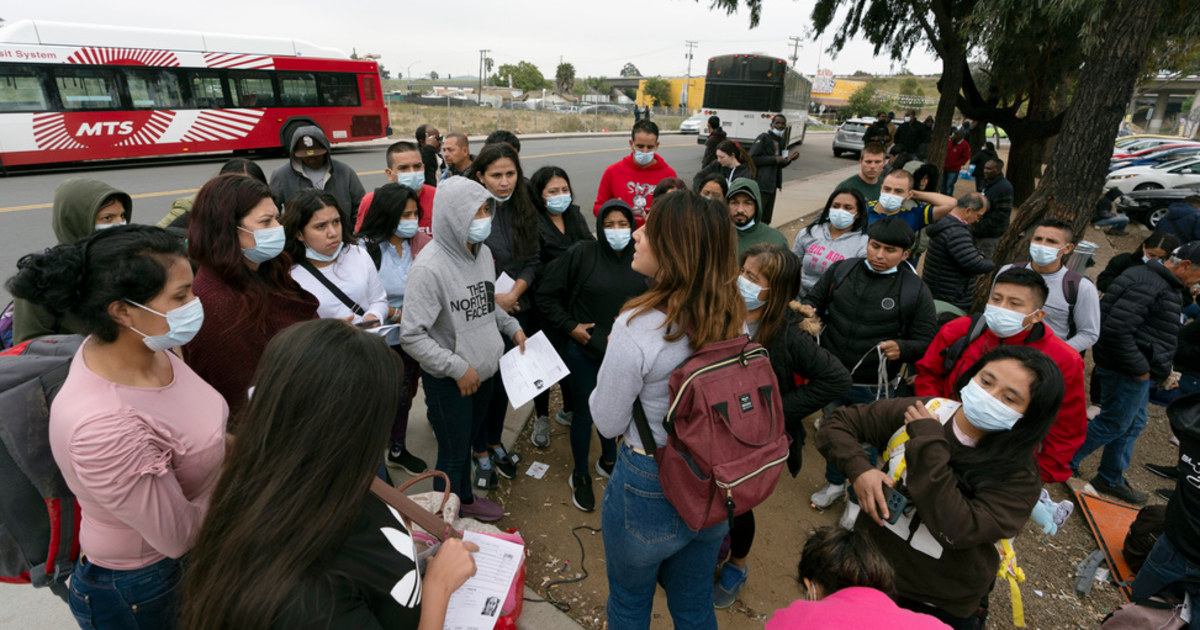
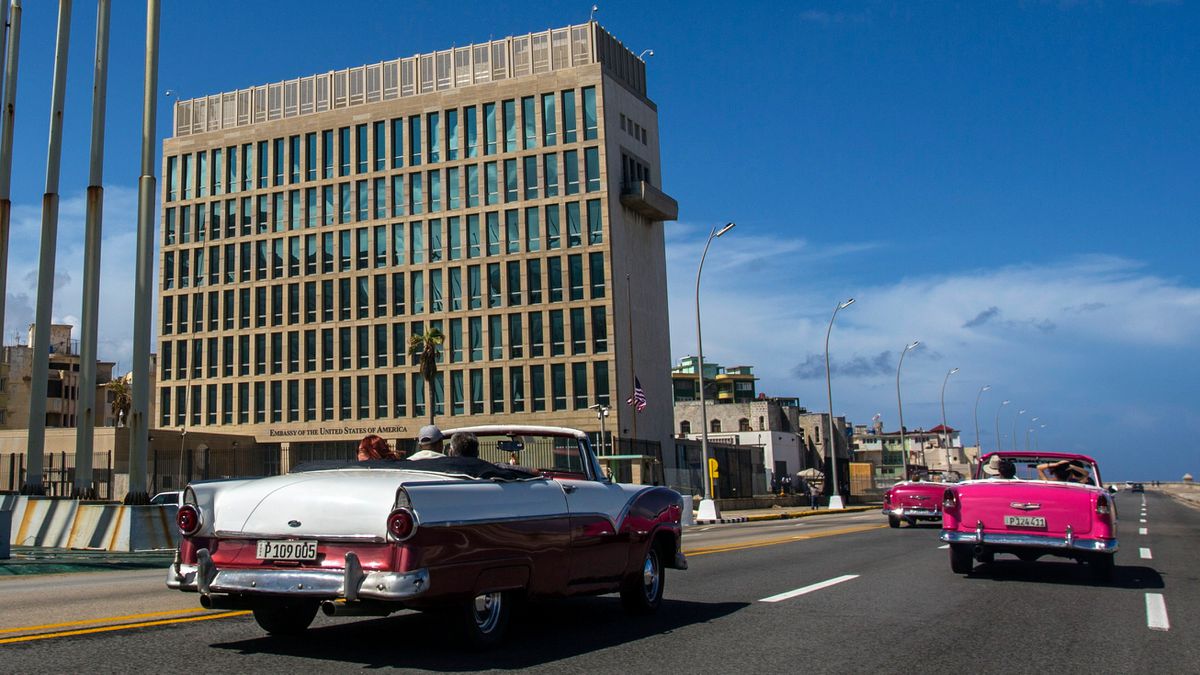


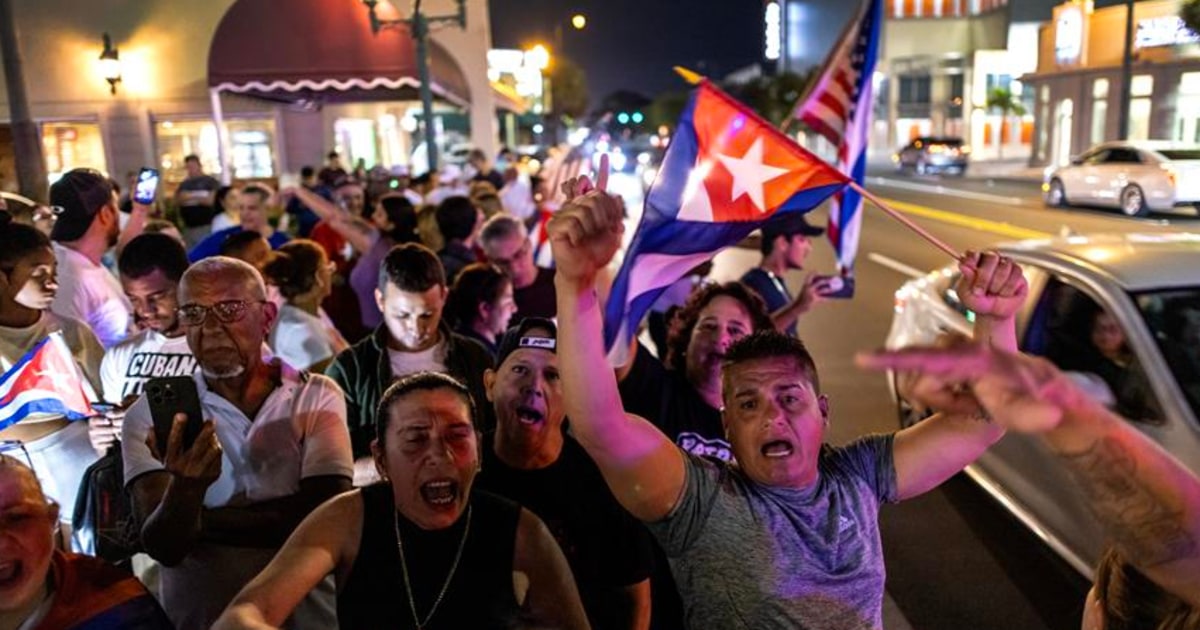


/cloudfront-eu-central-1.images.arcpublishing.com/prisa/KMEYMJKESBAZBE4MRBAM4TGHIQ.jpg)


